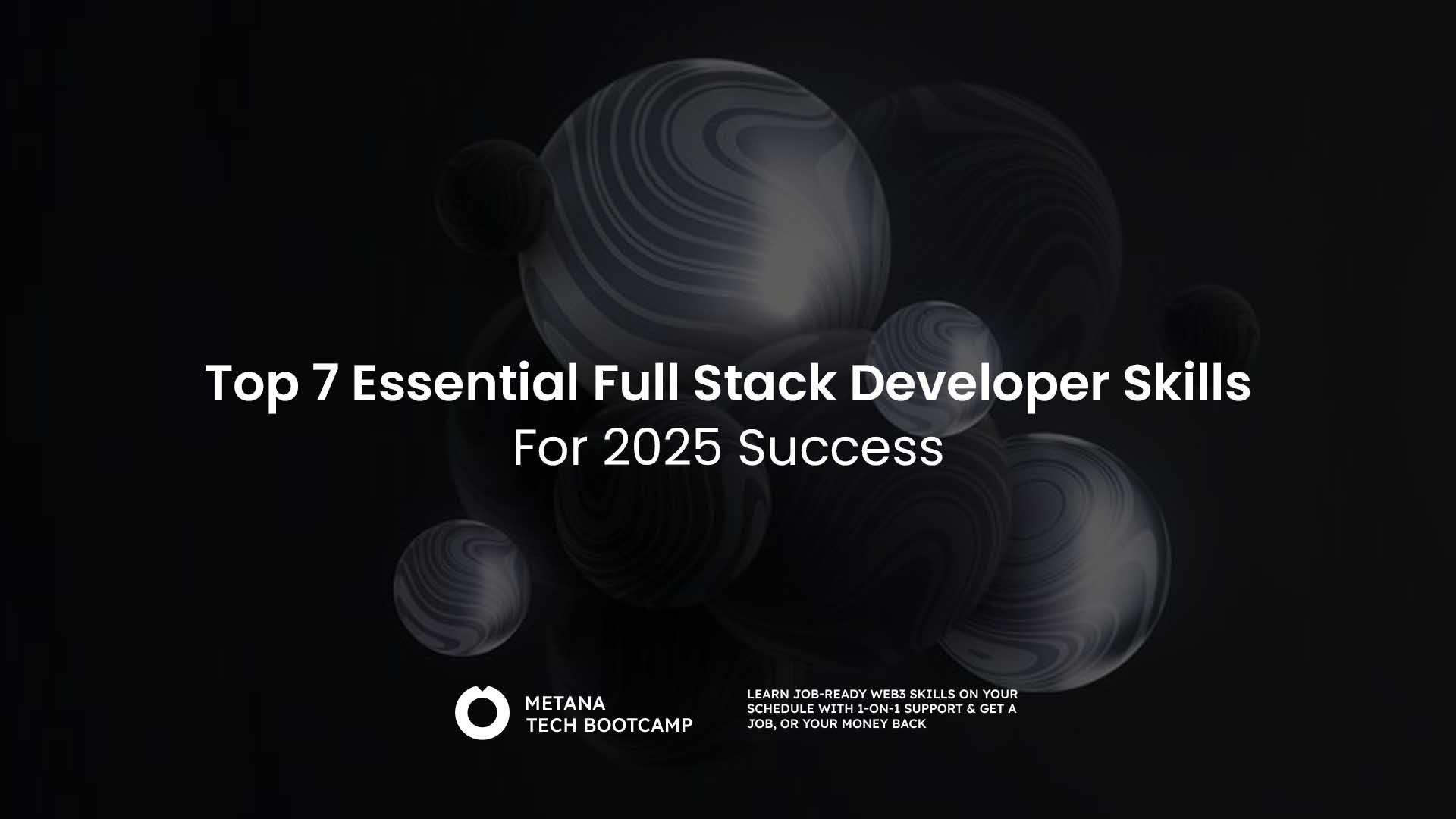Full stack Developer Education: Essential Courses & Skills for Success in 2024
Are you passionate about coding and eager to make a positive impact on students, teachers, and educational institutions? Securing a job as a Full Stack Developer in the rapidly evolving education technology sector can be a rewarding career move. In 2024, universities, colleges, and schools are eagerly seeking skilled developers who can drive digital transformation and enrich the learning experience. If you’re wondering what educational background, essential courses, and core skills are required to stand out as a full stack developer in EdTech, this comprehensive guide is crafted just for you.
Why Choose a Full Stack Developer role in Education Technology?
The education sector is undergoing a digital revolution. From Learning management Systems (LMS) and online classrooms to AI-driven assessment platforms, technology is reshaping how we teach and learn. As a Full Stack Developer in education technology, you’ll play a vital role in designing, developing, and deploying software solutions that directly impact educators, administrators, and students.
- Job Stability: Educational institutions are consistently investing in technology, ensuring strong demand for talented developers.
- Purpose-Driven Work: Build tools that enhance teaching, streamline administration, and boost student success.
- Continuous Learning: Stay current with the latest web growth trends while collaborating with diverse teams of educators and technologists.
Key Responsibilities of a Full stack Developer in EdTech
Before diving into the essential courses and skills, itS vital to understand typical duties you might encounter:
- Designing and developing full-featured educational web applications
- Integrating third-party education apis (like assessment or content providers)
- Ensuring accessibility and compliance with education standards
- Optimizing applications for performance and security
- Maintaining databases, cloud integration, and version control systems
Essential courses for Full Stack Developer Education in 2024
To succeed as a Full Stack Developer in the education sector, a blend of core web development knowledge and specialized EdTech insight is needed. Below are the vital courses and learning paths to pursue:
1.Core Programming Fundamentals
- Introduction to Computer Science (CS101 or equivalent)
- Object-Oriented Programming (preferably in Java, Python, or C#)
- Data Structures and Algorithms
- Version Control with Git & GitHub
2. Front-End development
- HTML5, CSS3, and Responsive Web Design
- JavaScript and Modern JavaScript Frameworks (React, Angular, or Vue.js)
- UI/UX principles and Accessibility Guidelines (e.g., WCAG)
- Front-End Testing and Debugging Tools
3. Back-End Development
- Server-Side Programming (Node.js,Python/Django,Ruby on Rails,or Java Spring boot)
- RESTful API Development
- authentication,Authorization,and Security Best Practices
- Working with Databases (MySQL,PostgreSQL,MongoDB)
4. Cloud & DevOps Foundations
- Cloud Platforms for Education (AWS, Google Cloud, Azure)
- Continuous integration/Continuous Deployment (CI/CD)
- Containers and virtualization (Docker, Kubernetes basics)
5. Specialized EdTech Courses
- EdTech Fundamentals: Understanding learning management systems, digital pedagogy, and EdTech ethics
- Data Privacy and Security in Education (FERPA, GDPR basics)
- Educational Data Analytics and Visualization
- assistive Technology for Inclusive Education
Must-Have Skills for Full Stack Developers in EdTech
In addition to mastering the right courses, full stack developers hoping to work in educational technology should focus on these high-demand skills:
- Strong Dialog: Collaborating with non-technical education staff to translate needs into technical requirements.
- Analytical Thinking: Solving unique challenges posed by educational processes and user flows.
- Problem-Solving: Debugging and optimizing solutions for both performance and accessibility.
- Understanding of EdTech Trends: Familiarity with gamification, adaptive learning, and AI in education.
- project Management: Familiarity with Agile methodologies and JIRA/Trello-like tools.
Top Certifications for Full Stack Developers in 2024
- Certified full Stack Web Developer (from reputable online platforms)
- AWS Certified Developer – Associate (for cloud skills)
- Google Associate Cloud Engineer
- Professional Scrum Master (for Agile practices)
- ISTQB or equivalent for software testing fundamentals
Benefits of Working as a Full Stack Developer in Education Technology
- Job Satisfaction: Your work has a direct impact on learners and educators.
- Diverse Learning Opportunities: Exposure to the latest software and EdTech frameworks.
- Remote and Hybrid Work Options: Many educational institutions now support flexible work environments.
- Continuous Growth: The EdTech field encourages ongoing professional development.
Practical Tips to Land a Full Stack Developer Job in EdTech
-
Build a Portfolio with Real-World EdTech Projects:
showcase applications such as online quizzes, grading tools, or mini-LMS platforms.
-
Network in the EdTech Community:
Attend conferences, join online communities, and follow leading edtech innovators for insights.
-
Customize Your Resume:
Highlight technical educational projects and your understanding of accessibility, data privacy, and digital pedagogy.
-
Prepare for Behavioral and Technical Interviews:
Be ready to discuss your passion for education, as well as challenges you’ve solved through software.
Future Trends: What Full Stack Developers Should Watch in EdTech
The education landscape will continue to evolve with technology. Here are some trends to stay abreast of:
- Artificial Intelligence and Adaptive Learning Systems
- Mobile-First and Progressive Web apps for Students and Teachers
- Microlearning Platforms and Chatbots for On-Demand Help
- Advanced Data Analytics and Learning Outcomes Tracking
- Blockchain for Secure Credentialing and Transcripts
Conclusion: Pathway to a Fulfilling EdTech Career
Becoming a successful Full Stack developer in education technology demands more than just technical coding prowess. You will need a solid foundation in computer science, hands-on experience with modern web technologies, insight into educational needs, and a willingness to learn and adapt. By focusing on the essential courses and skills for 2024, seeking out specialized EdTech certifications, and building a portfolio relevant to universities, colleges, or schools, you will position yourself as a valuable asset in a dynamic and meaningful sector.
Take strategic steps today—enroll in top-rated courses, sharpen your coding tools, embrace educational values, and connect with the EdTech community. With the right planning and mindset,your journey to making a difference through technology in education begins now!

